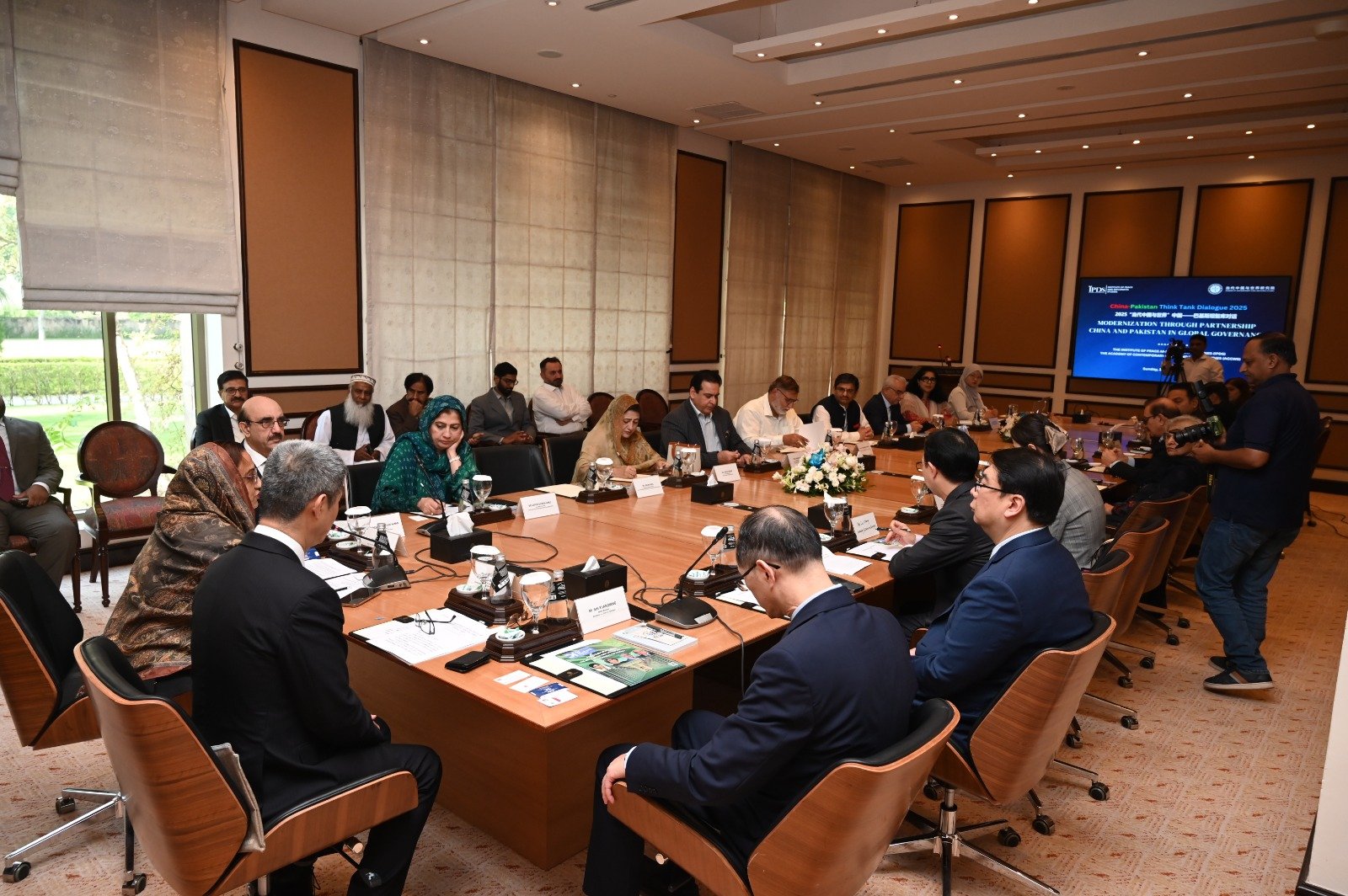Scholars, diplomats, and policymakers from China and Pakistan convened in Islamabad on Saturday for the China–Pakistan Think Tank Dialogue 2025, jointly organized by the Academy of Contemporary China and World Studies (ACCWS) and the Institute of Peace and Diplomatic Studies (IPDS).
The dialogue, themed “Modernization through Partnership: China and Pakistan in Global Governance,” explored ways to advance bilateral cooperation in an evolving international order. ACCWS, a key institution under the China International Communications Group (CICG), focuses on global governance, modernization, intercultural communication, and people-to-people exchanges.
The opening session was addressed by CICG’s Editor-in-Chief, Gao Anming, and IPDS President Dr. Farhat Asif. Anming announced that CICG and ACCWS have collaborated with IPDS to establish a joint research center aimed at deepening academic exchanges and policy collaboration between the two countries.

He said that it is important to build cooperation amongst the think tanks and media to enhance understanding and mutual learning. During the ceremony, CICG also presented President Xi Jinping’s book The Governance of China to Dr. Asif and to Ambassador Sardar Masood Khan.
In his special address, Deputy Head of Mission at the Chinese Embassy, Shi Yuanqiang, said that the second phase of the China–Pakistan Economic Corridor (CPEC) embodied the most concrete expression of the two countries’ modernization partnership. He reaffirmed Beijing’s support for Pakistan’s development and counterterrorism efforts.
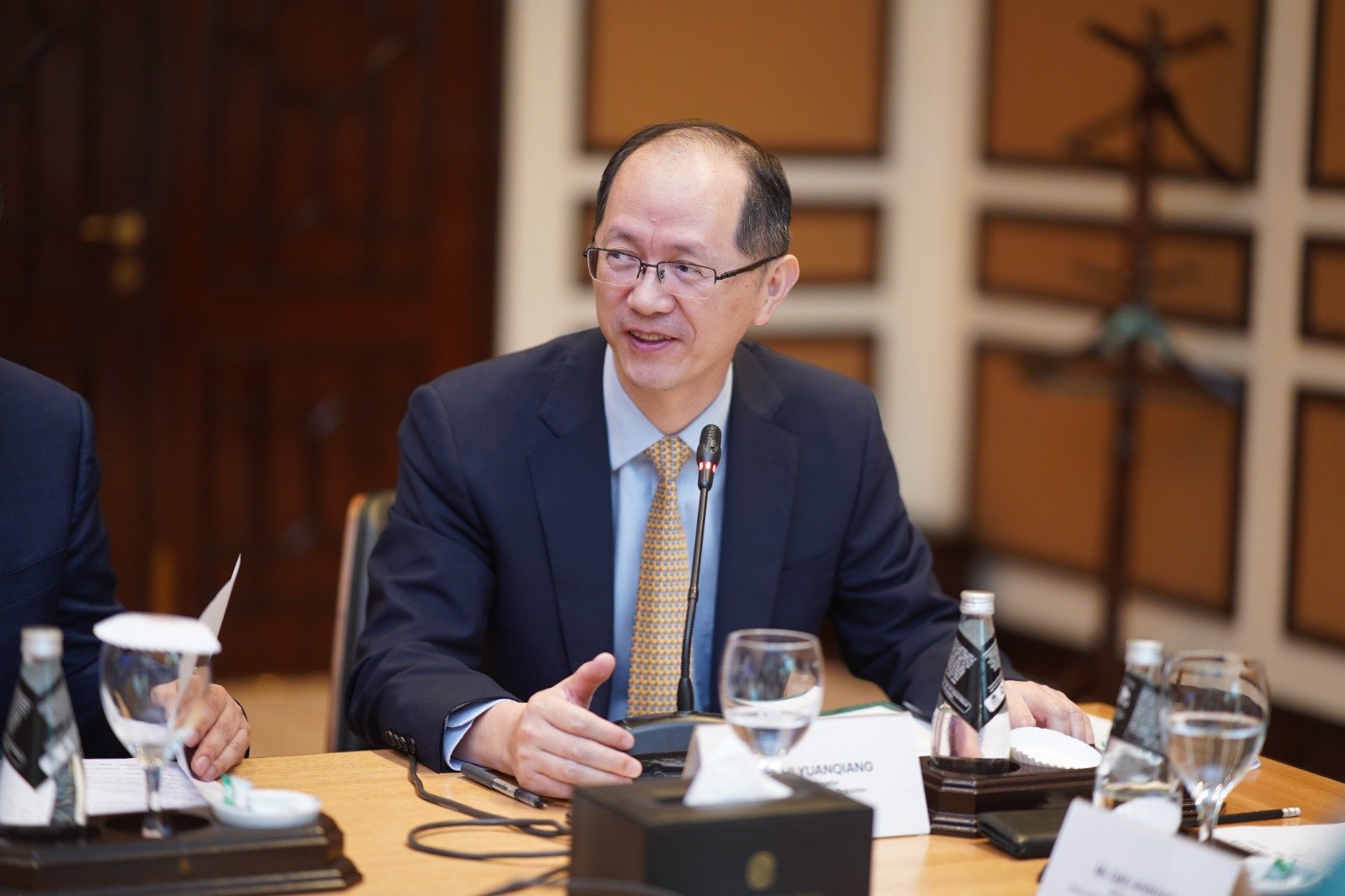
Ambassador Masood Khan, who has previously served as Pakistan’s envoy to China, the United States, and the United Nations, highlighted China’s unique development philosophy that prioritizes shared growth and regional stability. He noted that sustained engagement between think tanks such as IPDS and ACCWS could strengthen the strategic trust underpinning the bilateral relationship.
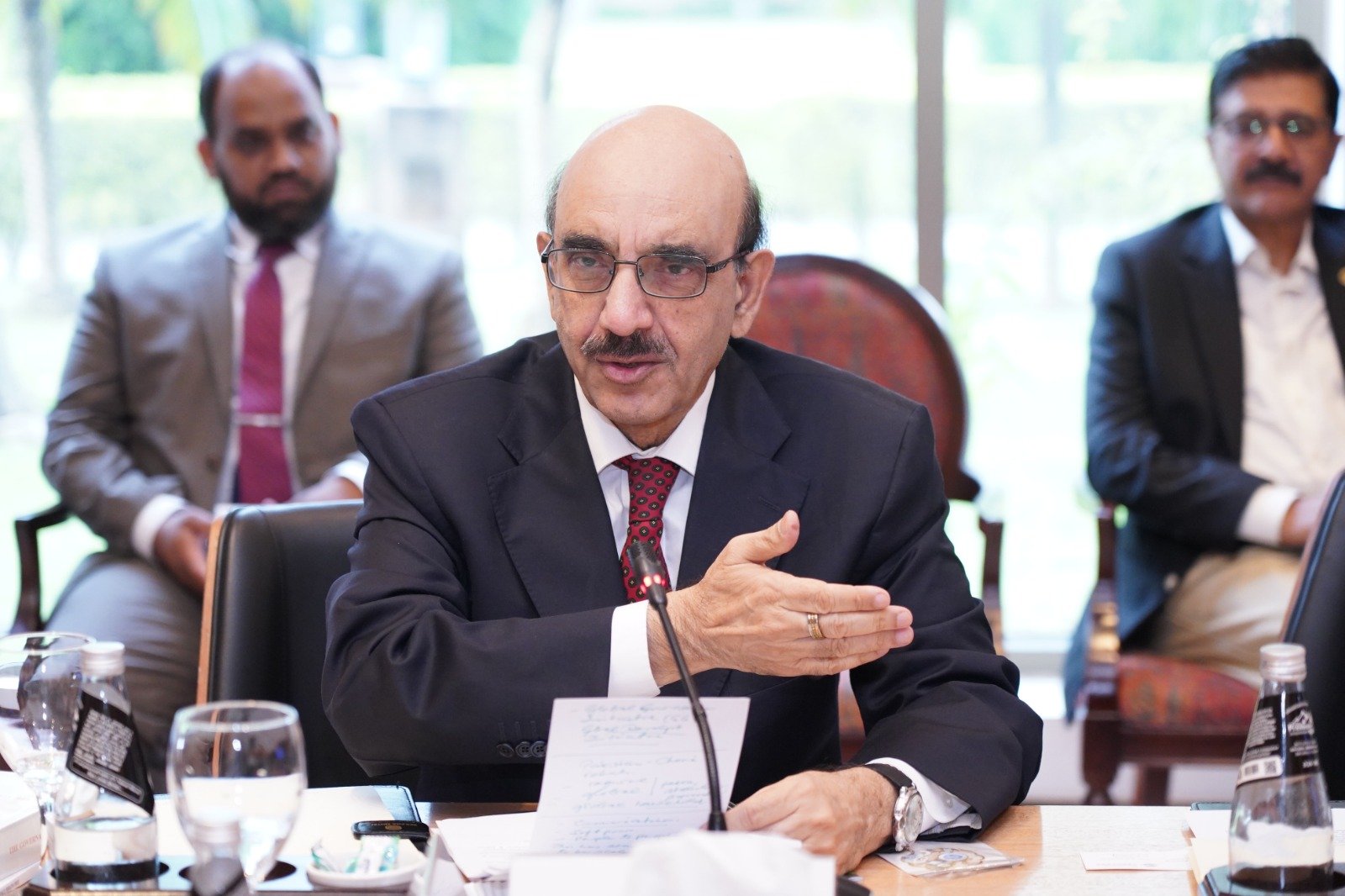
ACCWS Vice President Fan Daqi shared the results of a large-scale survey on perceptions of Chinese modernization conducted across five Shanghai Cooperation Organization (SCO) member states, including Pakistan. The study was a joint research initiative between ACCWS and IPDS.

Moderating a panel discussion of experts, Dr. Asif invited views from prominent academics, policymakers, and civil society leaders on how modernization could serve as a foundation for an inclusive China–Pakistan partnership.
While speaking on the occasion Senator Sitara Ayaz, Secretary General of the International Parliamentarians Congress (IPC), called for the institutionalization of a Parliamentary Forum on China–Pakistan Modernization to ensure continuity in cooperation beyond government tenures.
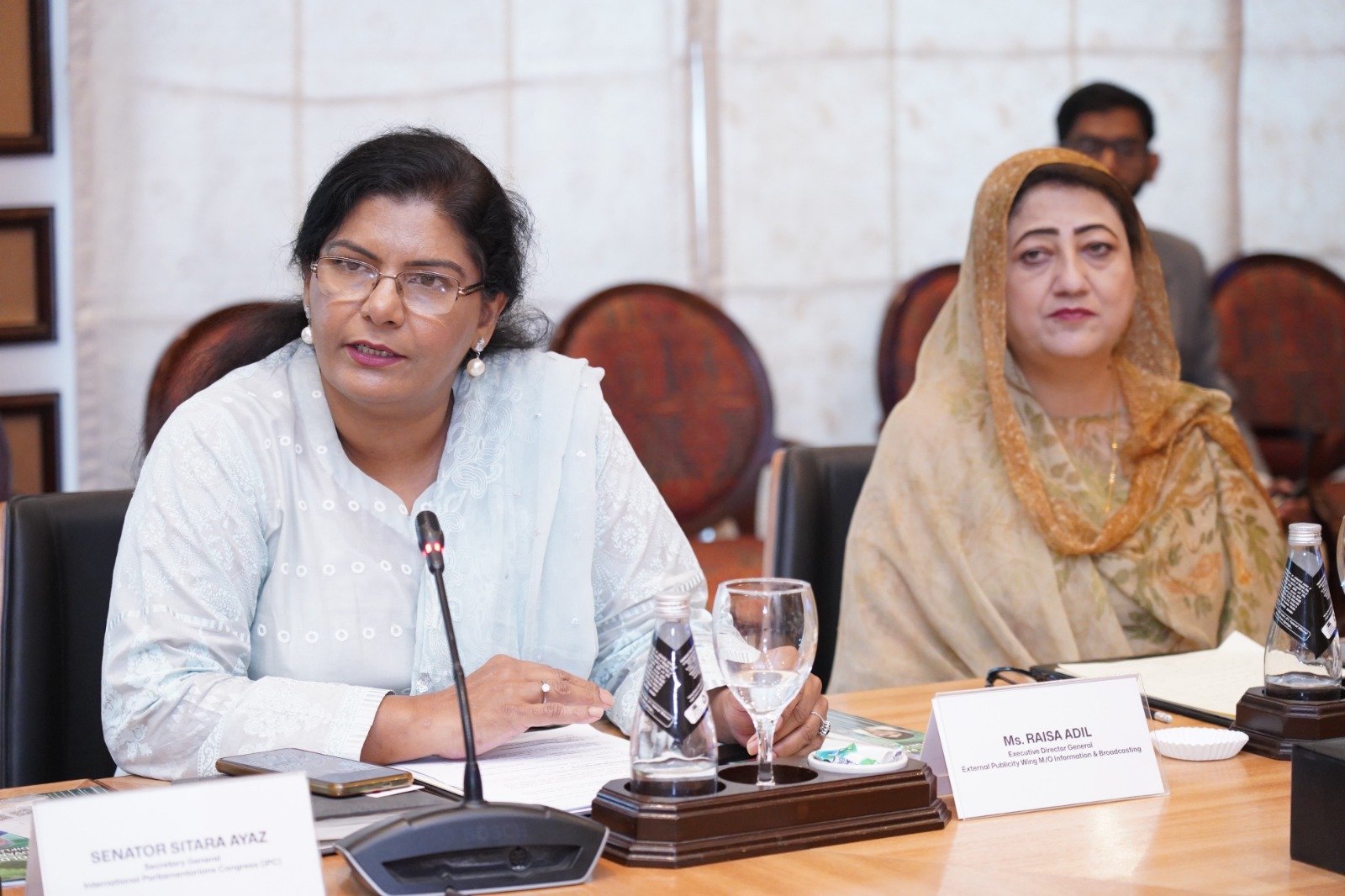
Raisa Adil, Executive Director of the External Publicity Wing at the Ministry of Information and Broadcasting, said China had been “not only a partner in investment but also a partner in imagination,” adding that CPEC’s next phase should prioritize intellectual and cultural exchange.
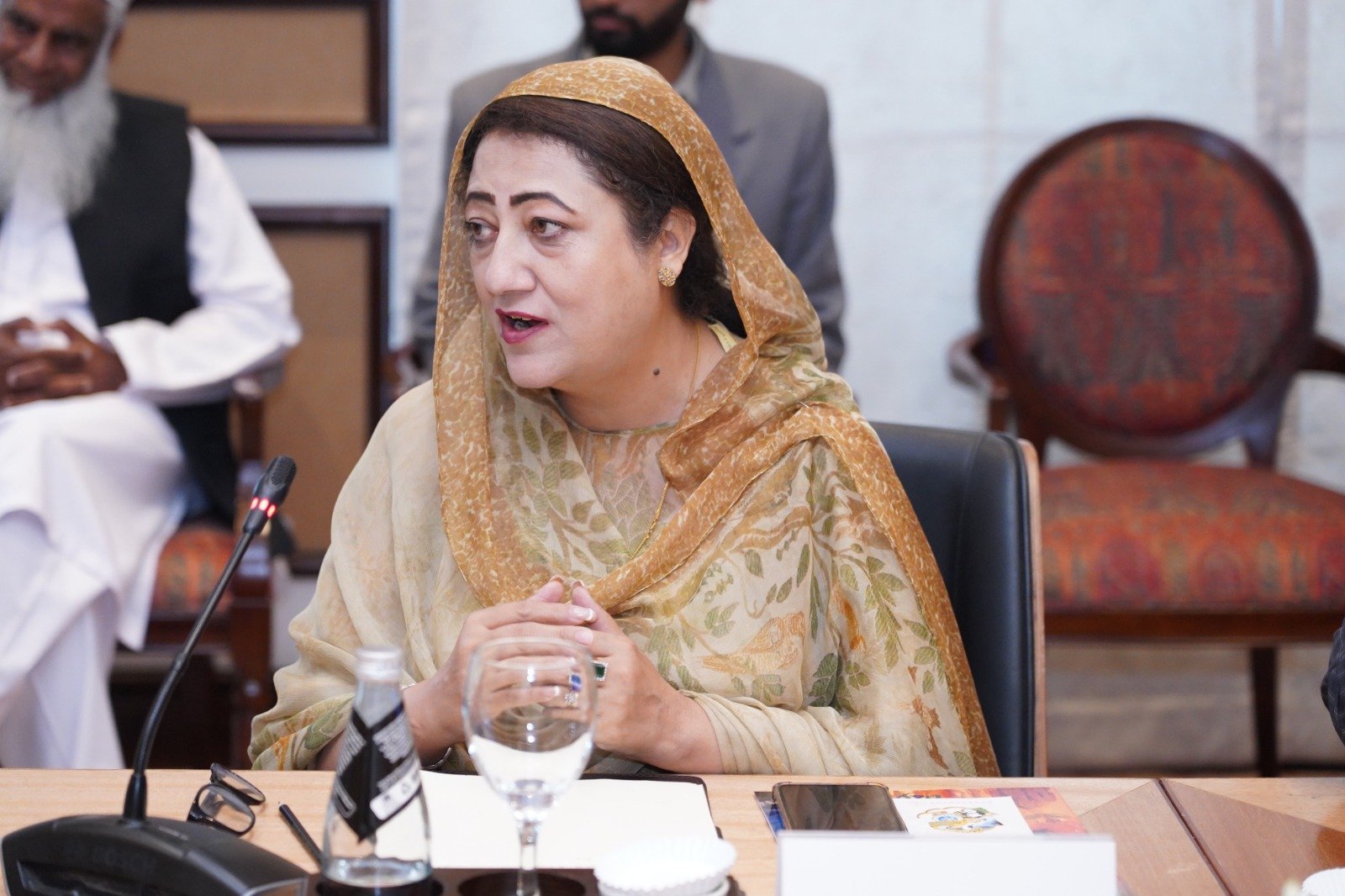
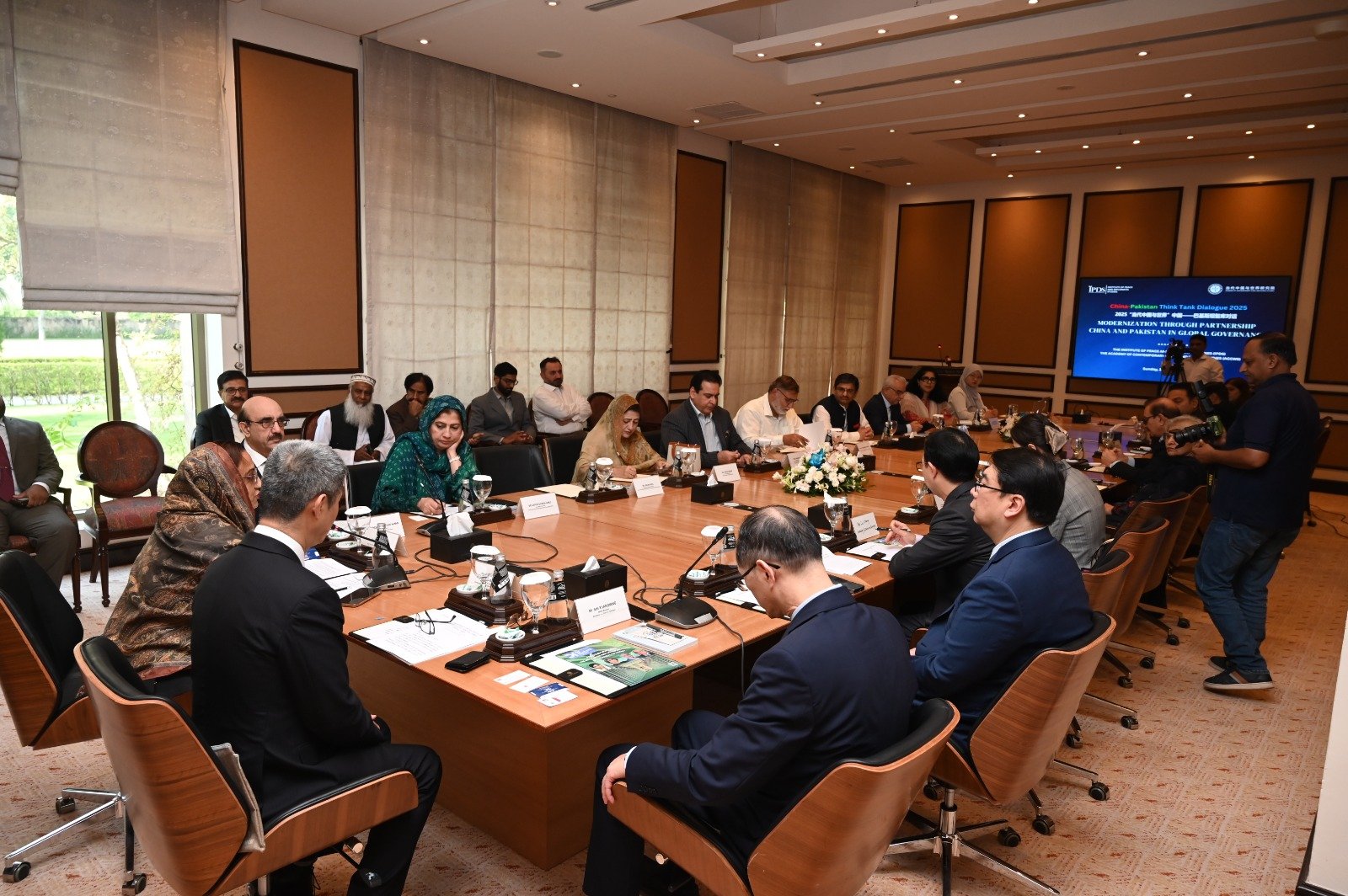
Asia Nasir, Chairperson of the Resilient Women Network, urged that women’s empowerment be placed at the heart of modernization efforts, while Dr. Tarak Waheed of SZABIST stressed that sustainable progress depended on cross-border partnerships.
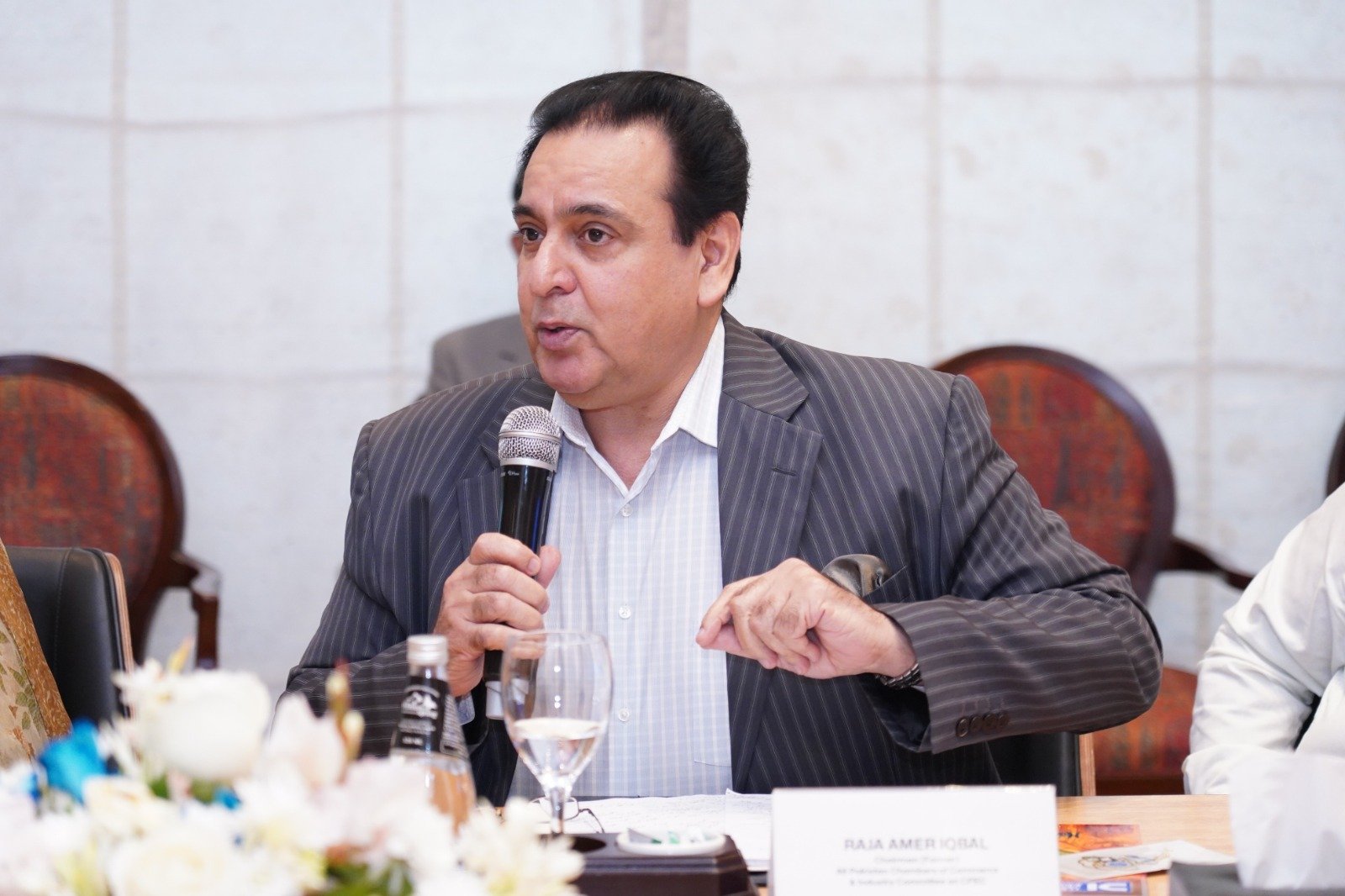
Former FPCCI Chairman Raja Amer Iqbal highlighted the need for Pakistan’s business community to bridge the technological gap with regional peers, whereas Prof. Dr. Muhammad Munir, Dean Social Science from Muslim Youth University said China’s gradual and inclusive path to modernization offered insights into inclusive growth opportunities for the countries across the world.
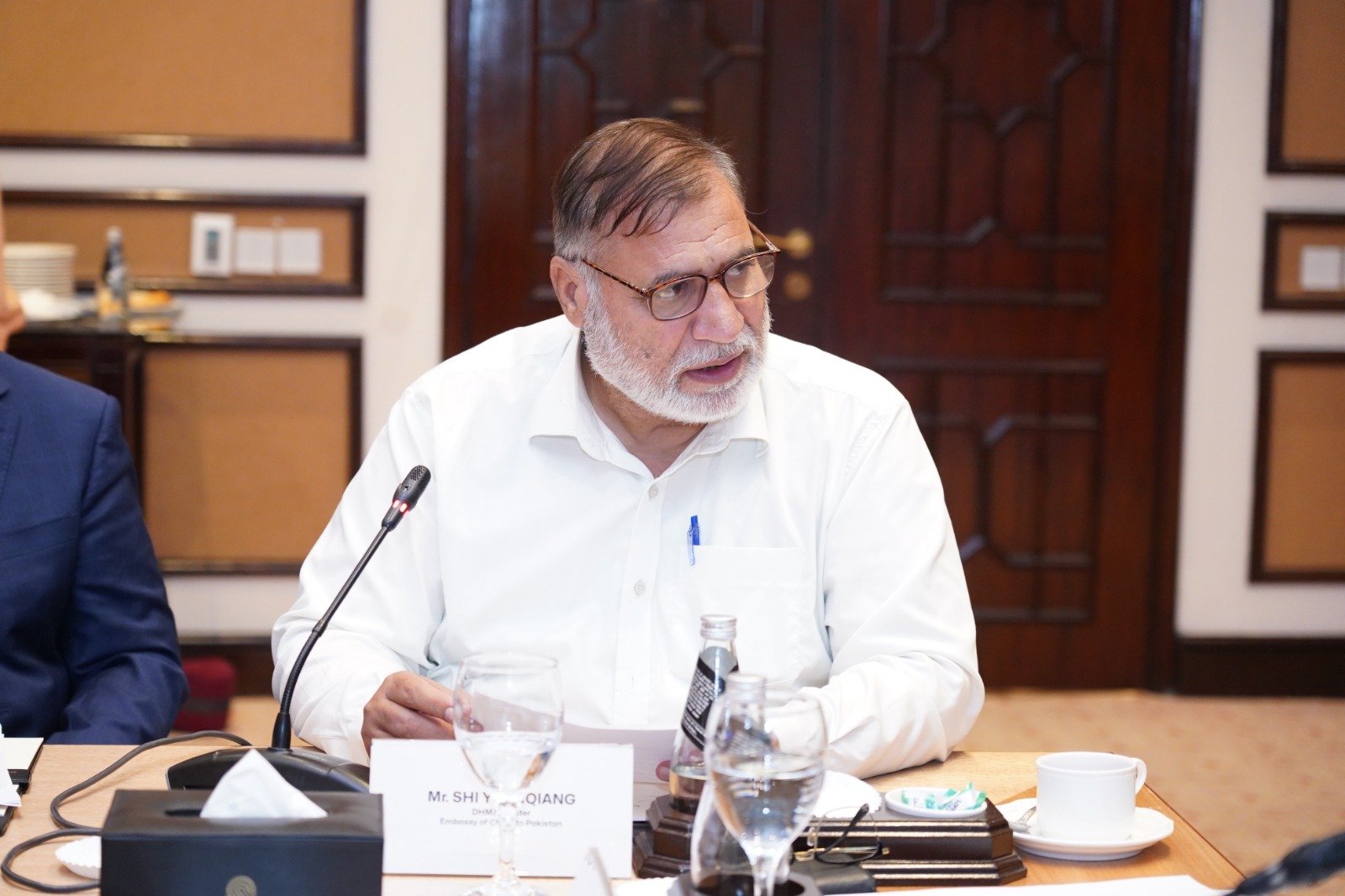
Dr. Najeeba Arif, Chairperson, Pakistan Academy of Letters while speaking on the occasion said that China’s modernization journey succeeded because it harmonized progress with tradition—an approach, she noted, that resonated deeply with Pakistan’s own aspirations.
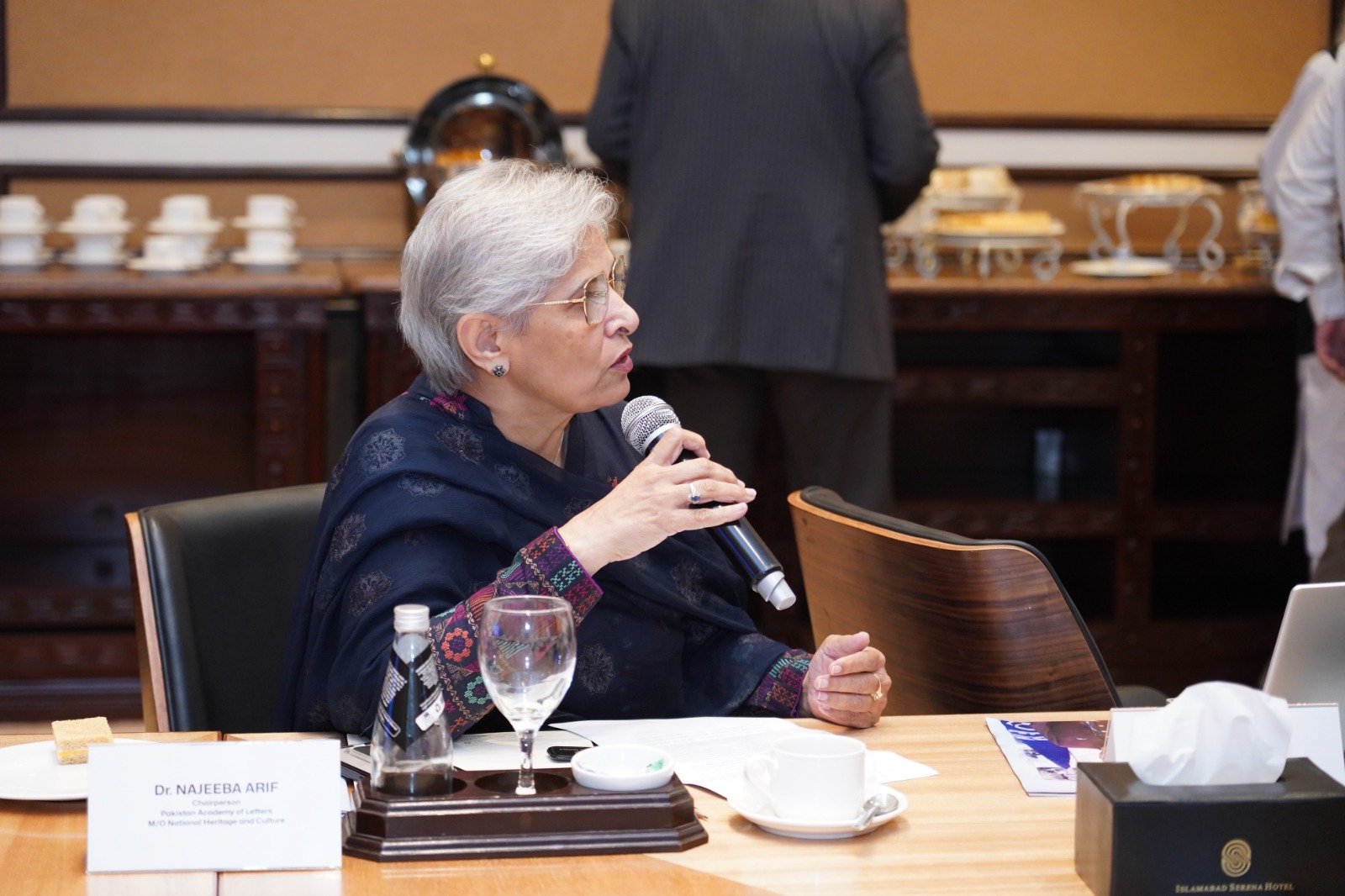
The dialogue underscored a growing consensus among scholars and policymakers that the China–Pakistan partnership, rooted in shared modernization goals, remains central to fostering regional stability and inclusive development. The participants were representing various sectors of civil society including business, media, scholars, faculty members, students and diplomats.
